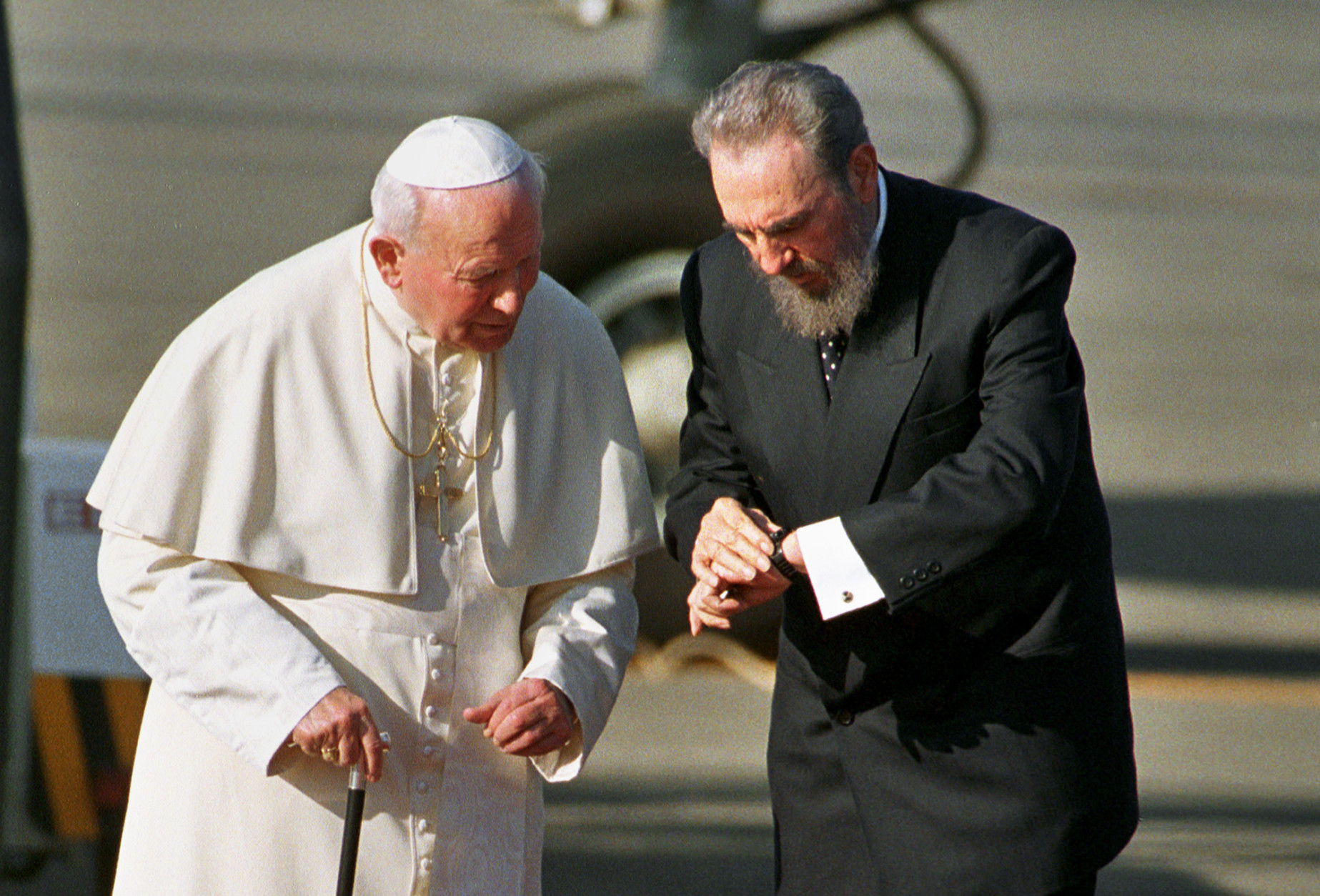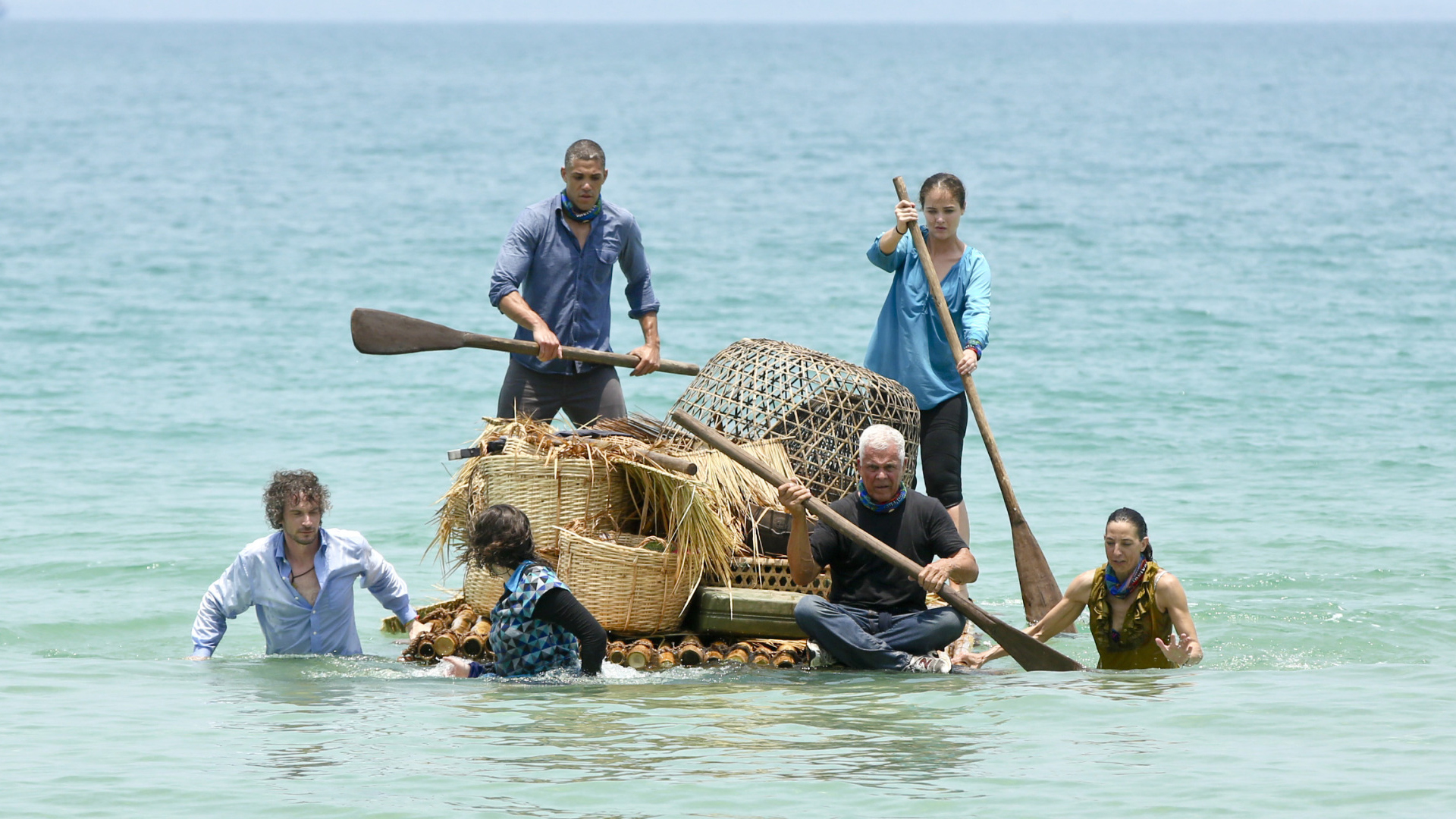Certainly it is welcome news that the lawsuit charging Cardinal Joseph Bernardin with sexual abuse has been dropped because the accuser is no longer sure whether the alleged abuse ever occurred. But the taste of vindication is still bitter and the exoneration can never fully restore the reputation ruined.
For Catholics, the case is another reminder to look with suspicion on the “truths” and “facts” about the Church as they are portrayed in the media, especially in cases concerning alleged misconduct by priests or prelates. As we have said time and again, when the news media covers the Catholic Church they seem to forget some of the most basic lessons of journalistic practice and ethics.
Incomplete reporting and scandal mongering dominated the coverage of the lawsuit Steven Cook brought against Cardinal Bernardin.
 The views of Cook and self-described “survivors” of clerical abuse were aired respectfully and without challenge. It was taken as the gospel truth that the charges against Cardinal Bernardin were proof of a broad, far-reaching crisis of priest abuse in the Church. Outside commentators were brought in for interviews on how the “crisis” is rooted in the Church’s all-male power structure and its requirements of clerical celibacy.
The views of Cook and self-described “survivors” of clerical abuse were aired respectfully and without challenge. It was taken as the gospel truth that the charges against Cardinal Bernardin were proof of a broad, far-reaching crisis of priest abuse in the Church. Outside commentators were brought in for interviews on how the “crisis” is rooted in the Church’s all-male power structure and its requirements of clerical celibacy.
Basic journalistic questions were never asked: Is it possible that the cardinal’s accuser has ulterior motives? Is it more than coincidence that the accusations are being levied against the Catholic official most identified with the Church’s efforts to respond forthrightly to problems of priest sexual abuse? Who stands to benefit if the cardinal is brought down by the charges?
And what of the cardinal’s accuser? Here was a bitter, angry young man, with an erratic employment history, a long record of problems with sex and drugs, including an arrest record, who was now dying of AIDS. To even the dullest of journalistic imaginations, Cook might be seen as a man with nothing to lose and everything to gain. And what of Cook’s “evidence,” his claim that under psychiatric hypnosis he remembered that he had been abused by the then-Archbishop Bernardin nearly a quarter century ago?
Even months later, we still know precious little about Cook. Important clues as to his motivations and mental stage were left uninvestigated. For instance, when Cook was arrested on a drug charge in Philadelphia in 1984, he claimed in a mental health questionnaire that he had once been sexually assaulted by two priests. That statement would seem to be in direct contradiction to his lawsuit, in which he claims that he only remembered his abuse in October 1993.
These are questions of basic journalistic ethics and integrity. And the question remains on the table unanswered: Why, when it comes to covering the Church, and in particular priest sexual abuse charges, are all the normal rules thrown out?
With his case against a Cincinnati priest still pending, Cook will have his day in court, and that court will ultimately decide whether he was ever victimized.
But Cardinal Bernardin is already a victim—publicly humiliated, his reputation besmirched by a sensationalistic media that have replaced the presumption of innocence with trial by accusation. And this is the saddest lesson of the Cook affair.
First published in Our Sunday Visitor (March 15, 1998)
© David Scott, 2009. All rights reserved.


